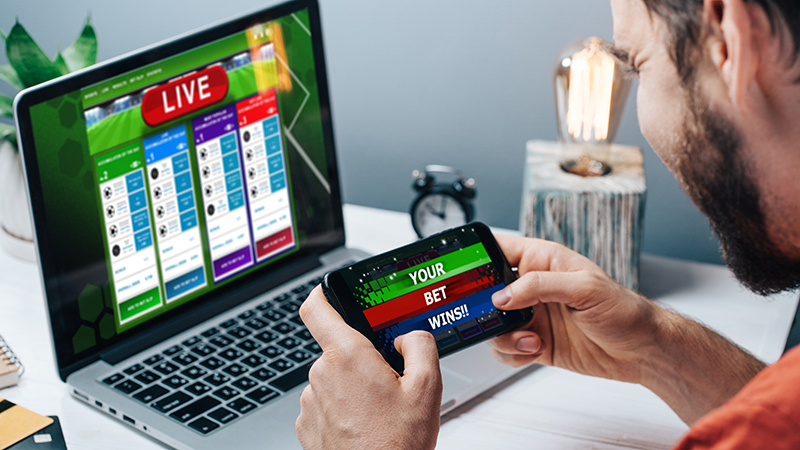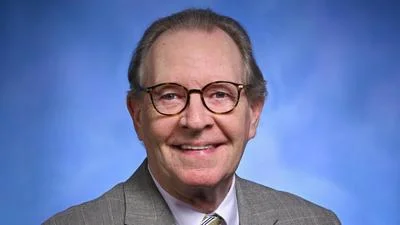Michigan Department of Health and Human Services (MDHHS) held virtually its Gambling Disorder Symposium, called ‘Gambling: The New Direction.’ | Adobe Stock
Michigan Department of Health and Human Services (MDHHS) held virtually its Gambling Disorder Symposium, called ‘Gambling: The New Direction.’ | Adobe Stock
The Michigan Department of Health and Human Services (MDHHS) hosted its 14th Annual Gambling Disorder Symposium, called "Gambling: The New Direction."
The virtual event occurred following the first year since the legalization of sports betting and online gambling in Michigan, where more than 4,400 phone calls were made to the state's gambling problem helpline in 2021. This is nearly triple the number of calls received in 2020, the year before online gambling was approved, according to an MDHHS press release.
"These platforms engage in a pay-to-play format, so by their nature they're addicting and difficult to escape," MDHHS Gambling Disorder Program Manager Alia Lucas said in the release. "This can lead to severe financial trouble, as well as strained personal and work relationships as people participate in these spaces more than ever before. Resources are available at the symposium to identify and learn about the steps you can take if you or a family member are struggling with a gambling disorder."
For Michigan residents, the additional access to online gambling and sports betting opportunities presents an increased risk for developing gambling problems, particularly for younger participants who may be anxious, frustrated or isolated, and seeking a more significant connection due to the COVID-19 pandemic, according to the release.
Referrals for people to receive gambling treatment also grew significantly, from 295 referrals in 2020 to 420 referrals last year - a 42% increase, according to the release.
While social gambling isn't a problem for most, for some, it provides a sense of control and escapes that, over time, can affect other areas of life. For youth, this risk is concerning with the rise of online gaming and virtual connection during the COVID-19 pandemic. The rate of problem gambling among high school students is twice that of adults, and someone gambling by age 12 will be four times more likely to develop a gambling addiction. Additionally, more than two years into a global pandemic, the impact of social distancing has left many with idle time, frustrations and anxiety, according to the release.
If you or someone you love is struggling with a gambling addiction in Michigan, call the Michigan Problem Gambling Helpline at 1-800-270-7117.



 Alerts Sign-up
Alerts Sign-up